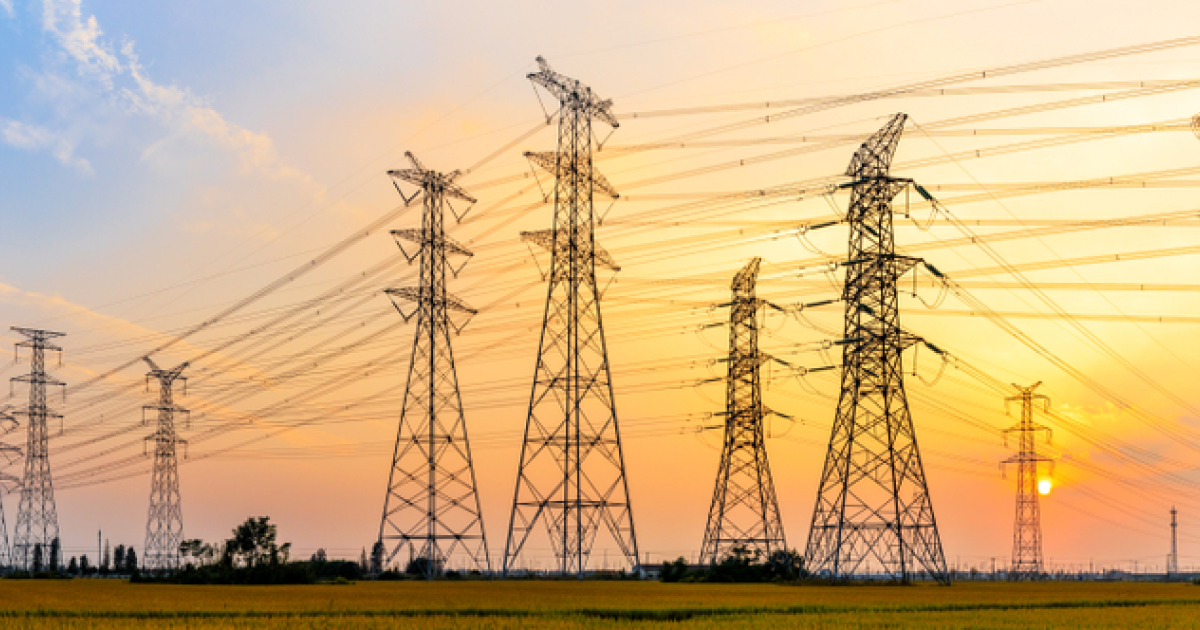
News State electricity prices 1360 16 July 2024
NEURC offers averaging tariffs for the 1st and 2nd voltage classes
Unification of tariffs for electricity distribution will lead to a violation of the “cascade” principle of their construction, duplication of costs of industrial enterprises, and contradicts European pricing practice. This is stated in a new study by the GMK Center.
At the meeting on July 17 this year, the regulator – the National Commission for State Regulation of Energy and Utilities (NEURC) plans to consider the draft resolution «On Approval of Amendments to the Procedure for Establishing (Forming) Tariffs for Electricity Distribution Services.» The project provides for a change in the provisions of the procedure for setting (forming) tariffs in terms of calculating the tariff for electricity distribution services for consumers and operators of energy storage plants without distribution by voltage classes.
Currently, there are two classes of tension in Ukraine:
- 1st – consumers connected to lines with a voltage of more than 27.5 kV (large industry),
- 2nd – less than 27.5 kV.
The regulator proposes averaging tariffs for the 1st and 2nd class of voltage according to the formula of the average arithmetic weighted, the weighted average new tariff will be 1.23 UAH/ кВт⋅год.
Unification of tariffs will lead to a violation of the “cascading” principle of their construction, that is, ensuring compensation for costs in relation to the factors of these costs. The latter should be reimbursed by users who cause these costs, which is the main purpose of tariff distribution.
In addition, the costs of industrial enterprises will be duplicated. Class 1 consumers include step-down transformers and bear the cost of maintaining this infrastructure. Trying to shift payment for servicing the infrastructure of 2nd class consumers will lead to duplication of costs for the former.
As noted, 26 out of 27 EU countries, as well as Albania, Serbia, Bosnia, have differentiated tariffs for distribution. For example, in Poland, consumers are divided into 4 classes of voltage, in Hungary and Romania there are three such classes.
Only Malta has unified tariffs for distribution in Europe, but there is no need for division due to the lack of industry.
According to GMK Center analysts, the need to maintain differentiation of electricity distribution tariffs in Ukraine is due to several factors:
- the inadmissibility of changing the methodology for the sake of solving short-term problems,
- risk of increasing imbalance in the system by subsidizing regulated tariffs for the population at the expense of industry,
- risk of loss of competitiveness of exporters, for whom costs may increase by €22 per MWh. The wholesale price of electricity in the country in early July rose to €127 per MWh, which is 62% more than the EU average. Unification of tariffs for distribution will lead to deepening problems of export-oriented business.
ArcelorMittal Krivoy Rog called on the government to prevent the unification of the tariff for the distribution of electricity. As noted at the enterprise, this will be a devastating blow to large industry and will have a negative impact on the country’s economy
As GMK Center reported earlier, the unification of tariffs for electricity distribution services will lead to discrimination of large domestic consumers, according to a letter from the Ukrmetalurgprom association to the head of the National Energy and Utilities Regulatory Commission. This step will also contradict the practice of tariff setting for these services in the EU and will entail serious negative consequences for the competitiveness of MMC.




